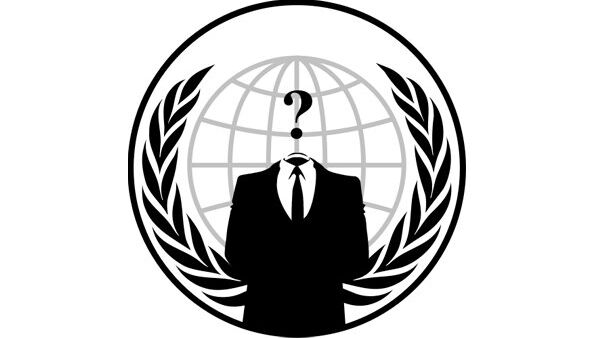Hacker activists of the Anonymous group claimed responsibility on Friday for forcing offline several websites, including the U.S. Department of Justice, in retaliation for blocking popular file sharing hub Megaupload.com.
The report comes amid controversies surrounding the Stop Online Piracy Act (SOPA) and Protect IP Act (PIPA) – two U.S. anti-piracy bills currently under discussion in the U.S. Congress.
“Recording Industry Association of America - Department of Justice - Universal Music - all TT, all tango down,” the group said in its Twitter account.
“Tango down,” a phrase often used by U.S. special forces to speak of an eliminated terrorist, is sometimes used by hackers to describe the downing of a website.
“The Largest Attack Ever by Anonymous - 5,635 People Confirmed Using #LOIC [a denial-of-service attack application] to Bring Down Sites!” another message reads.
The attack came shortly after the Department of Justice accused seven individuals reportedly linked to Megaupload of allegedly running an “international organized criminal enterprise responsible for massive worldwide online piracy of copyrighted works.” Four suspects were arrested, while three remain at large.
Megaupload, launched in 2005, was accused of harboring illegal distribution of copyrighted materials, such as television shows, images, software and video games.
Another website mentioned in the Twitter message, Universal Music, has also been waging a legal battle against Megaupload.
Hundreds of web resources all over the world, including English-language Wikipedia, blog-hosting site WordPress, social-media news site Reddit went dark on Wednesday in protest of the SOPA and PIPA.
The bills are intended to crack down on online movie and music piracy by blocking access to web resources thought to contain unauthorized copyright material and have already stirred serious discontent from web giants and internet users.
Russia's tiny but vocal Pirate Party on Wednesday joined the global campaign and closed its website on Wednesday, saying the bills will jeopardize Russia’s emerging internet-dependent democracy and infringe on internet freedom.


